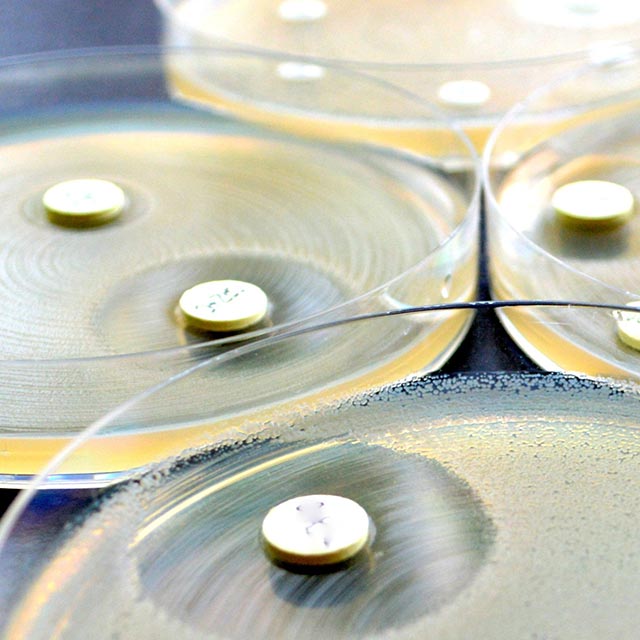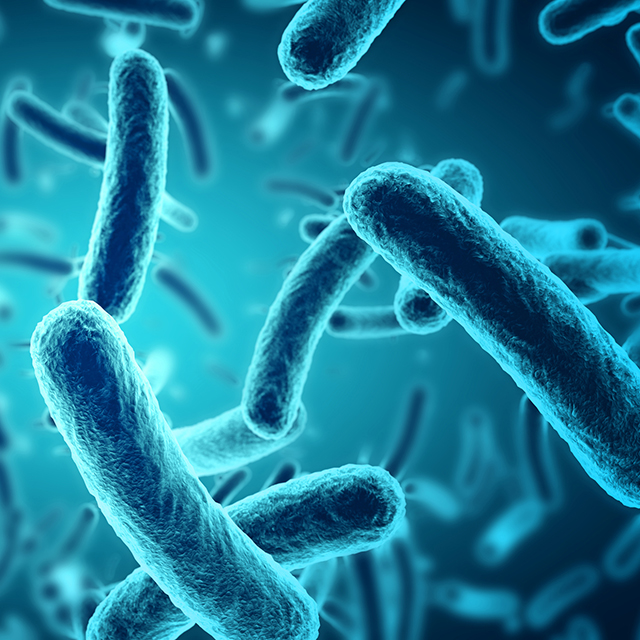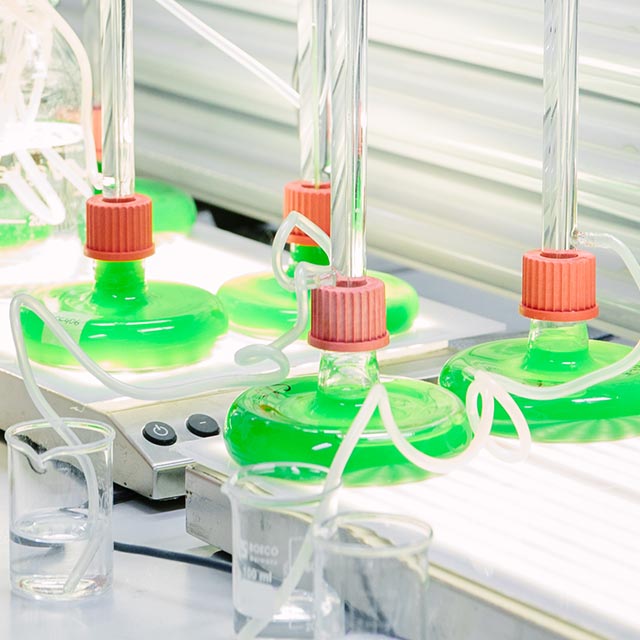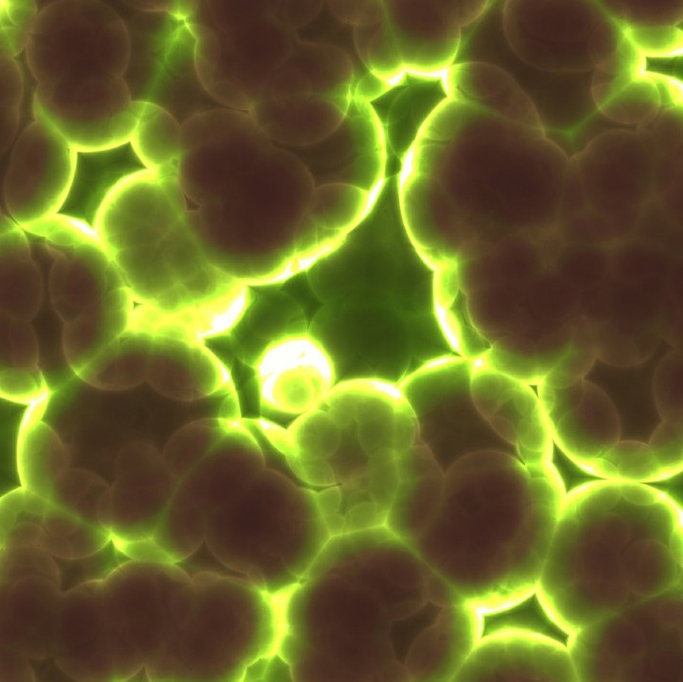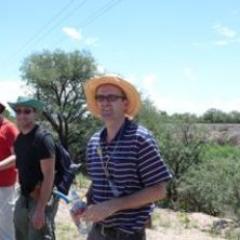Since the 1940s, scientists have been fighting to protect us from bacterial strains that continue to evolve. And we’re starting to lose the fight. Bacteria are developing resistance to antibiotics, our weapons against them, forcing us to find new ways to protect ourselves. The development of antibiotics has not kept up with the rate that resistance is developing. Some bacterial strains have become so advanced that we have no way to fight them. They’re called Superbugs, and they’re taking lives.
Bacterial infections kill more than 9000 Australians each year, and an estimated 700,000 worldwide. Without intervention, these numbers are set to increase exponentially. In fact, if a highly contagious strain of bacteria were to become resistant to antibiotics there would be a frightening epidemic. We would be plunged back into a pre-antibiotic era.
The Centre for Superbug Solutions is tackling the problem in three ways:
- Helping to stop the inappropriate use of antibiotics, which leads to resistance to antibiotics, by developing a diagnostic tool to identify infection. The doctor can then give the right drug, the first time, in time.
- Rediscovering and optimising antibiotics that were discovered in the past but not developed into drugs.
- Crowdsourcing compounds from across the globe to uncover molecules with antimicrobial properties for the development of new antibiotics, through the Community for Open Antimicrobial Drug Discovery (CO-ADD).
We are leading the global fight to stop deadly superbugs.
> Read more
Contact
General information and enquiries
Research enquiries
Professor Mark Blaskovich
+61 7 334 62994
m.blaskovich@imb.uq.edu.au
- 19 March 2020
- 27 February 2020
- 13 February 2020
- 24 June 2019
- 13 November 2018
- 12 February 2018
Pages
What are superbugs?
Superbugs are organisms that have developed resistance to currently available antibiotics, leading to multidrug resistance. Although more people die each year from bacterial sepsis than from breast and prostate cancer combined, the funding for antibacterial research is more than 10 times lower than for these diseases. New treatments are needed to prevent a return to the pre-antibiotic era, when even simple infections caused death.
Superbugs costs the Australian economy in excess of $1 billion each year, while bacterial infections kill more than 170 Australians each week. By understanding the chemistry and biology of these infections, we can use this knowledge to discover new drugs, and redesign existing drugs to improve their effectiveness and help save lives.
Fast facts
-
Bacterial infections kill more than 9000 Australians each year
-
Superbugs cost the Australian economy in excess of $1 billion each year
-
The World Health Organisation describes multi-drug resistant bacteria as “one of the greatest threats to human health today”
-
4 IMB research labs dedicated to finding superbug solutions
Sourced from: ABC's The Drum, World Health Organisation
Resources
-
-
Bacterial infections and immunology
Professor Ian Henderson -
Bioinspired design of solar biotechnology systems
Professor Ben Hankamer -
Superdrugs vs Superbugs
Associate Professor Mark Blaskovich

